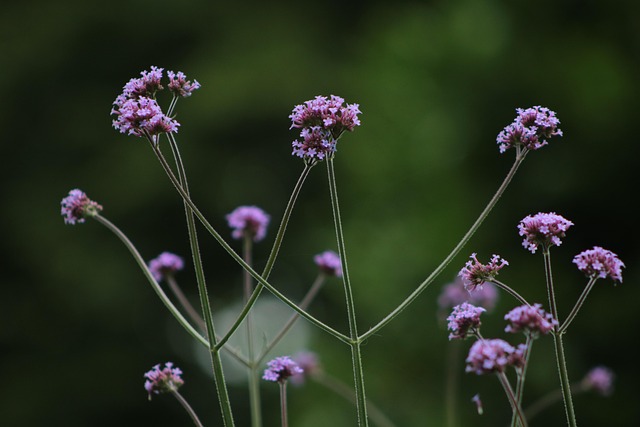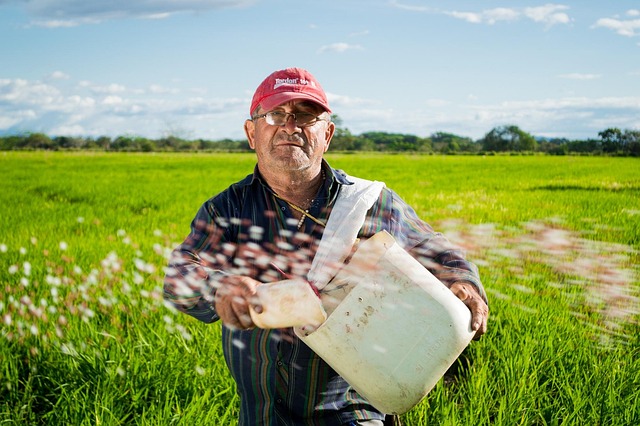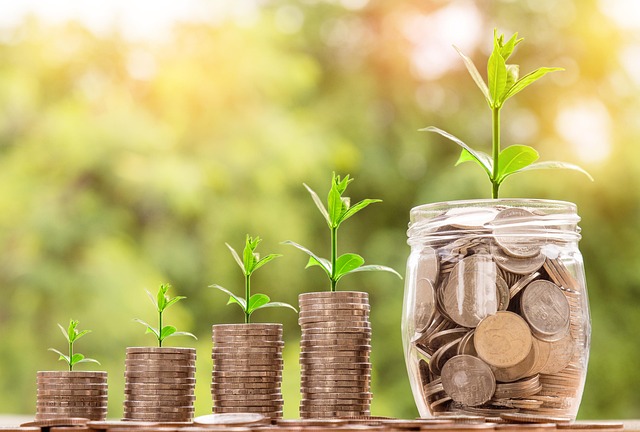If you’ve ever wandered through a garden alive with the sound of buzzing bees and vibrant flowers, you know how magical it can be. Cultivating a bee-friendly garden not only brings beauty to your outdoor space but also plays a crucial role in preserving our environment. As we face challenges like climate change and habitat loss, every small action can contribute to a greener world. Here’s how you can create a sanctuary that invites these essential pollinators into your garden.
Start by selecting a diverse range of flowering plants that bloom at different times throughout the year. This will provide a continuous food source for bees and other pollinators. Consider including native plants, as they often have evolved alongside local bee species, making them particularly beneficial. Plants like coneflowers, black-eyed Susans, and goldenrod are not only beautiful but are also significant food sources for these hardworking insects.
Make sure to avoid pesticides and herbicides in your bee-friendly garden. Many of these chemicals can be harmful or even lethal to bees. Instead, embrace organic gardening practices. Natural pest control methods, such as introducing beneficial insects or companion planting, can help maintain the health of your garden without jeopardizing the well-being of your local bee population.
Creating habitats is another excellent way to support bees. Incorporate elements like bee hotels, which provide shelter for solitary bee species. You can easily make these from wood scraps and hollow stems, allowing the bees a safe space to nest. Additionally, leaving some bare soil can provide ground-nesting bees a place to burrow. Remember, not all bees live in hives; many prefer solitary or turf lifestyles, making varied habitats essential.
Water is another critical resource for bees, especially during dry spells. A small shallow dish filled with water and pebbles can provide a safe place for them to drink without the risk of drowning. Be sure to change the water regularly to keep it fresh and inviting.
Engaging in community efforts can amplify your impact. Join or start a local initiative aimed at increasing bee populations and creating bee-friendly gardens in public spaces. Connect with like-minded individuals who share your passion for the environment and gardening. Together, you can advocate for more green spaces and educate others on the importance of pollinators.
Remember, every garden, no matter how small, has the potential to make a difference. Embracing a bee-friendly garden isn’t just about planting flowers; it’s about cultivating a relationship with nature and becoming an active participant in the ecosystem. By fostering an environment where bees can thrive, you are contributing to the greater health of our planet and ensuring that future generations get to experience the wonder of nature in all its buzzing glory.




